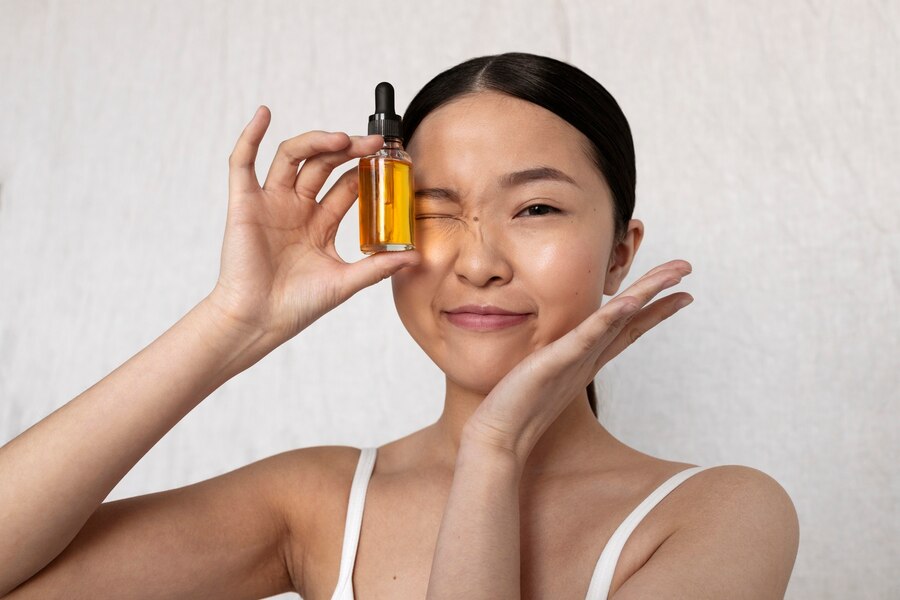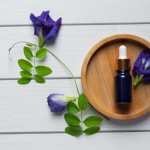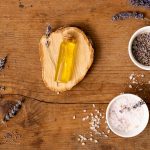Introduction to the Ingredient
The Antioxidant Enigma Unraveled!
So, picture Alpha Lipoic Acid (ALA) as your skin’s personal power-up button, a natural enzyme that kicks your cells into gear to produce energy. If you’re rocking good health, your body’s got this covered. But if you’re dealing with health hurdles like diabetes, your body might need a little boost from supplements.
And guess what? ALA isn’t just hanging out in supplements. You can find it in everyday foods like red meat, spinach, and even broccoli. But when it comes to skincare, we’re talking lab-made goodness, cooked up with a mix of chemicals.
Now, onto the fun stuff – why should you care about ALA in skincare? Well, it’s like the superhero of your skincare routine. It’s got the anti-aging chops, fights off inflammation, and packs a punch as an antioxidant. Plus, it’s your skin’s bestie for exfoliation, leaving you with a glow that says “I woke up like this” – even if you didn’t.
- Antioxidant Awesomeness: ALA battles those pesky free radicals that try to age your skin faster than your last birthday.
- Texture Transformation: Sayonara, fine lines and wrinkles! ALA tightens things up and smooths things out for that youthful vibe.
- Pore Perfecting? Almost: It won’t shrink your pores to Instagram-filter levels, but it sure does make ’em look tighter and smoother.
- Gentle Exfoliation, Darling: ALA’s got the magic touch for kicking dead skin cells to the curb, leaving your face feeling softer than a puppy’s belly.
- Soothe the Savage Skin: Got redness from acne or allergies? ALA’s here to calm the chaos and bring on the zen.
Key Benefits
ALA offers a multitude of benefits for beauty and skin health:
- Antioxidant Protection: ALA is a potent antioxidant that neutralizes free radicals, safeguarding the skin against oxidative stress and premature aging.
- Collagen Support: It promotes collagen production, helping to maintain skin’s firmness and elasticity and reduce the appearance of fine lines and wrinkles.
- Even Skin Tone: ALA can assist in reducing hyperpigmentation and promoting a more even skin tone.
- Hydration: It aids in retaining moisture, contributing to well-hydrated and supple skin.
Usage in Beauty Products
ALA is a featured ingredient in various beauty products, including:
- Serums: ALA serums are designed to deliver antioxidant benefits directly to the skin.
- Moisturizers: Some moisturizers incorporate ALA for its hydration and anti-aging properties.
- Eye Creams: ALA can be found in specialized eye creams to target signs of aging around the eyes.
- Anti-aging Formulations: It is commonly included in anti-aging formulations that aim to improve overall skin texture and radiance.
Safety and Precautions
ALA is generally safe for topical use when used as directed. However, individuals with sensitive skin may experience mild irritation. It’s advisable to perform a patch test before using new products containing ALA, especially if you have sensitive skin. In most skincare products, ALA’s your buddy, especially when it’s hanging out in low concentrations. But watch out – if it’s too strong, it might give your skin a sassy little sting. And remember, ALA’s not a fan of bright lights, so save your ALA skincare rituals for the nighttime. Follow product instructions carefully.
Compatibility with Other Ingredients
ALA can be effectively combined with various skincare ingredients, such as other antioxidants (e.g., Vitamin C and E), peptides, and hydrating agents, to create comprehensive skincare formulations.
Scientific and Research Findings
Numerous scientific studies support the use of ALA in skincare:
- A study published in the “Journal of Drugs in Dermatology” found that topical application of ALA improved the appearance of fine lines and wrinkles, as well as skin texture.
- Research in the “Journal of Cosmetic Dermatology” demonstrated that ALA can contribute to the reduction of hyperpigmentation, making it valuable for achieving a more even skin tone.
Common Variants or Derivatives
ALA is the primary form of this ingredient used in skincare products. It is available in various concentrations, allowing customization based on specific skincare needs.
References
- Fitzpatrick, R. E., & Rostan, E. F. (2002). Double-Blind, Half-Face Study Comparing Topical Vitamin C and Vehicle for Rejuvenation of Photodamage. Dermatologic Surgery, 28(3), 231-236.
- Freedman, B. M., Rueda-Pedraza, E., Waddell, S. P., & Fujimoto, J. M. (2016). Anti-aging benefits of a topically applied photolyase containing complex. Journal of Drugs in Dermatology, 15(11), 1430-1434.
Conclusion
Alpha-lipoic acid is a powerful antioxidant that offers a multitude of benefits for skin health and beauty. From its potent antioxidant protection to its ability to promote collagen production and even skin tone, ALA is a valuable addition to any skincare routine. As always, it’s important to use products as directed and consult with a skincare professional for personalized advice.
Frequently Asked Questions (FAQs)
- What is Alpha-Lipoic Acid (ALA) and how does it benefit the skin? ALA is a potent antioxidant that helps neutralize free radicals, providing anti-aging benefits. It also has anti-inflammatory properties and promotes a smoother complexion.
- Can Alpha-Lipoic Acid be used on all skin types? ALA is generally suitable for various skin types, but individuals with sensitive skin may want to perform a patch test first. Consultation with a dermatologist is advisable for personalized recommendations.
- How does Alpha-Lipoic Acid work as an antioxidant in skincare? ALA penetrates both water and lipid layers of the skin, making it a versatile antioxidant. It helps protect against oxidative stress, which can contribute to premature aging.
So, there you have it – Alpha Lipoic Acid: your skin’s secret weapon for looking fabulous, even on your not-so-fabulous days.



